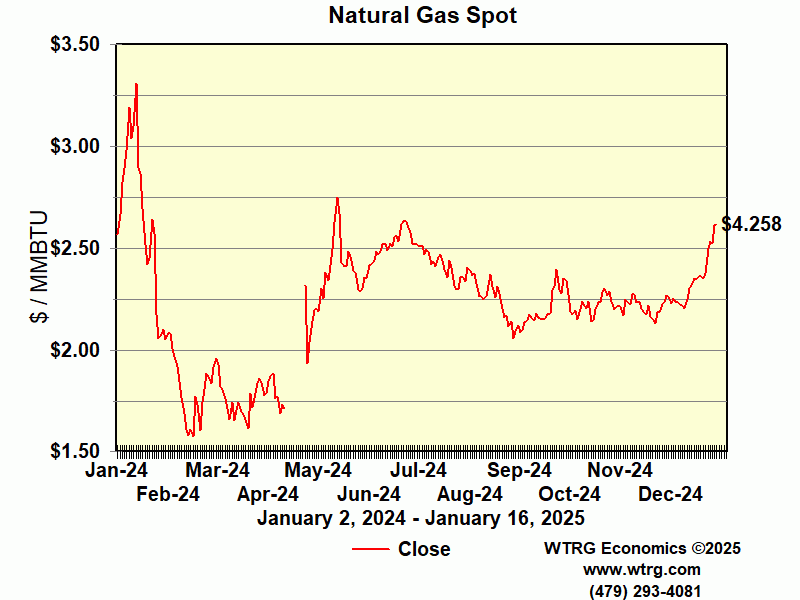 For comparison purposes, China consumes roughly 1.8 barrels per capita per year. The US consumes roughly about 25 barrels per capita per year. In my opinion, even though commodities might be overbought in the short term, long term, we could see oil prices as high as $200-$300 per barrel.
For comparison purposes, China consumes roughly 1.8 barrels per capita per year. The US consumes roughly about 25 barrels per capita per year. In my opinion, even though commodities might be overbought in the short term, long term, we could see oil prices as high as $200-$300 per barrel.From Casey Research:
"Record oil prices have failed to temper the enthusiasm of Chinese auto buyers. In 2006, 6.2 million cars were sold in China, enough for the Middle Kingdom to surpass Japan for #2 in total vehicle sales (the United States still sells twice as many). In the first five months of 2008, Chinese auto sales show no signs of decelerating, up 17.4% from the same period last year.
The rise in Chinese auto sales has been so dramatic that projections by China’s government for auto sales in 2020 were already exceeded by 2005."
Continue reading







